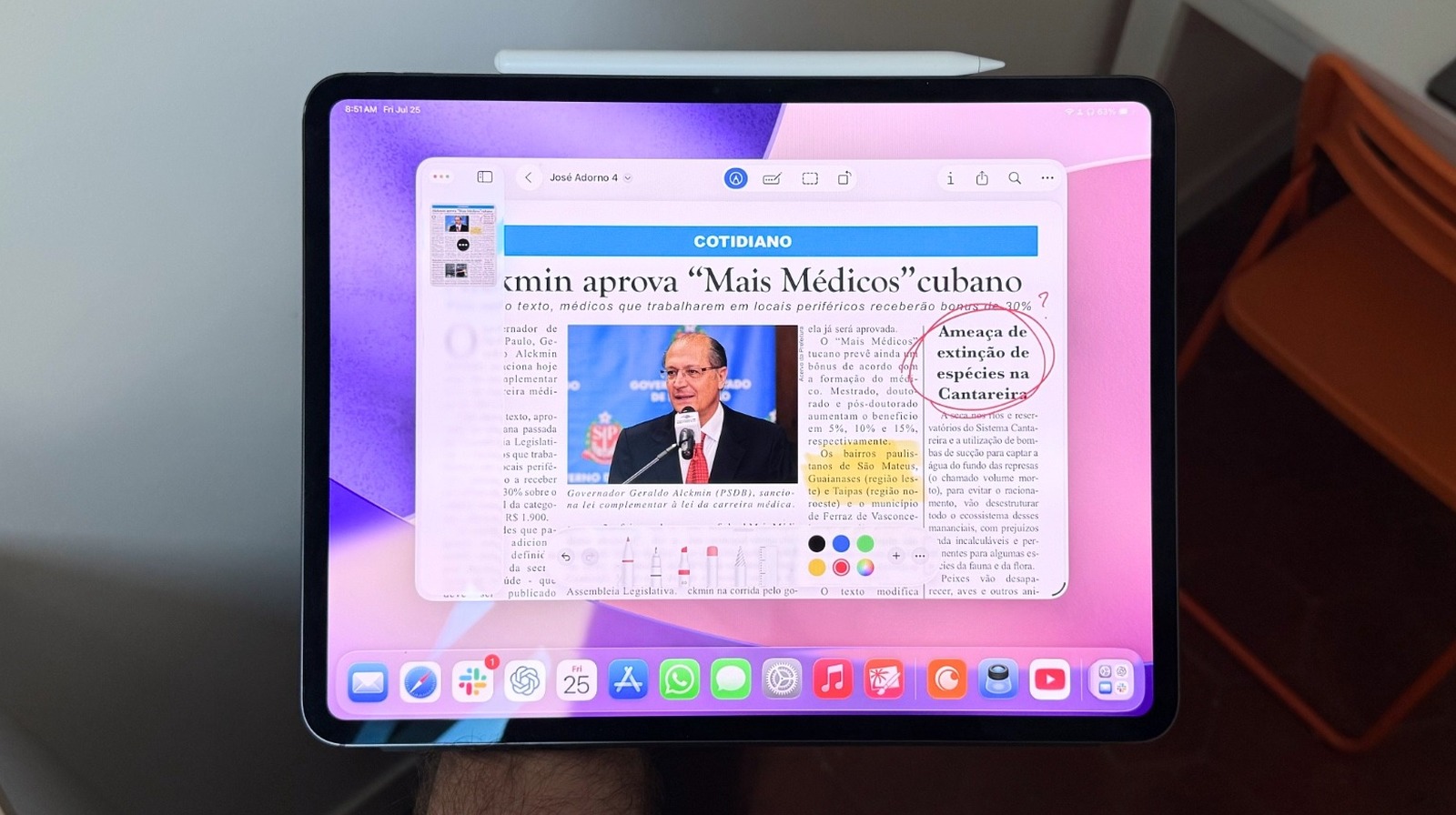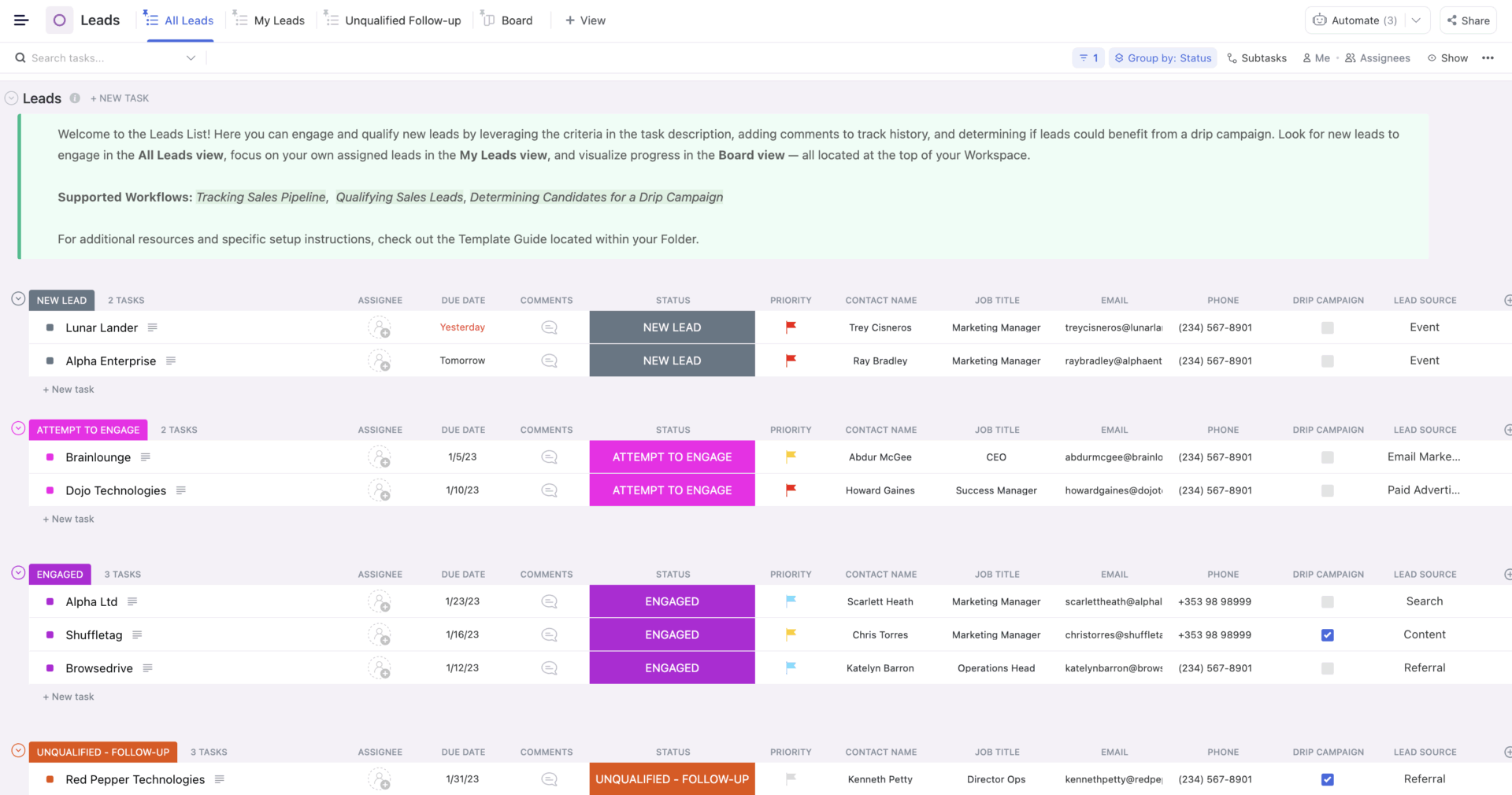OyaNow, a seven-year-old Nigerian food delivery startup, projects it will break even by Q1 2026, according to founder Abbas Dayekh. This is a big win for the bootstraped startup, which has seen deep-pocketed competitors like Jumia Food, Bolt Food, and Uber Eats exit or shut down due to unsustainable unit economics. Its strategy? Abandoning the mass market to bet on the rich.
Nigeria’s food delivery market, valued at over $1 million in 2024, faces intense pressure for profitability. Although startups like Chowdeck, HeyFood, and FoodCourt claim to make a profit on each delivery, these profits do not cover broader operating expenses; they do not equal breaking even. OyaNow, one of the country’s oldest food delivery platforms, is projecting that its new focus will cause it to break even by 2026.
Dayekh says this goal is feasible because the business is moving away from price wars for mass-market appeal to focus instead on less price-sensitive consumers. The former approach would have driven the bootstrapped start-up into debt, as promotion-driven customers are often disloyal, switching platforms before businesses can recoup acquisition costs. In contrast, high-earning customers are less price-sensitive and remain loyal when offered convenient, high-quality service.
“I had to make a forceful choice to tailor to the rich,” he told . He clarified that while OyaNow’s mobile app remains generally accessible, its strategy and marketing now target a more affluent consumer base.
With experience in providing tracking solutions and insights about Nigeria’s e-commerce space, Versa Research’s team lead, Busola Akin-Olawore, argues that the ideal customers of food delivery platforms will not be swayed by low prices and expressed wariness about businesses that rely on price wars to turn a profit. Food delivery startups that share and have adopted unique strategies to tackle this. Heyfood, a Y Combinator-backed startup based in Ibadan, is taking a similar approach to OyaNow by allocating less than 5% of its marketing budget to discounts and targeting young urban professionals with disposable income to outsource domestic tasks, according to its CEO and co-founder, Taiwo Akinropo.
OyaNow has expanded revenue streams from solely offering food delivery to providing diverse services, including logistics, laundry, car rentals, and errands via its upcoming “Oya Concierge,” which will be launched via WhatsApp, offering vetted handymen and service providers to users.
Dayekh acknowledged that this focus results in a smaller market share than competitors like Glovo and Chowdeck. OyaNow has over 50,000 users, a fraction of Chowdeck’s 500,000 users, Glovo’s estimated 500,000 –700,000 users, FoodCourt’s 100,000 users, and Heyfood’s 50,000 users in Nigeria.
However, Dayekh claims OyaNow’s market share among affluent consumers surpasses its competitors’. He noted that with his consumer base being higher spenders, OyaNow holds more significance, with the 1% of the market, than its competitors – citing partnerships with high-end vendors like RSVP, Aldo’s, Cilantro, and an average basket value of ₦25,000, ($15.56) compared to competitors’ ₦5,000 ($3.11) – ₦8,000 ($4.98). For deliveries, the app charges ₦1800 ($1.12) for the first 3km and an additional ₦200 for every extra km, compared with competitors’ ₦500 ($0.31) – ₦1,000 ($0.62) cost for short-mile deliveries.
OyaNow has outlasted most of its popular rivals. Dayekh launched the company in 2017 after a poor experience with Jumia Food, the dominant food delivery platform at the time, alongside smaller players like Eden Life. Identifying a gap in Nigeria’s delivery market, he started OyaNow despite lacking logistics or tech experience. Without institutional funding, he relied on personal savings and his network, limiting scale but allowing flexibility in a sector he was new to.
The 2020 lockdowns provided a significant opportunity; with cities shut down and roads empty, demand for delivery apps surged. OyaNow achieved 202% annual growth and $344,000 in revenue by 2020, Dayekh told . This success attracted acquisition interest from a prominent African payments technology company – name kept off record – in 2021, but the deal collapsed due to market conditions, including Nigeria’s currency devaluation, rising inflation, and investor caution following the global tech stock downturn, which reduced appetite for high-risk acquisitions.
Dayekh faced significant burnout. He left Nigeria for a year, stepping back from active management. During this period, OyaNow experienced a “year of dullness,” with slowed growth as shareholders, primarily friends and personal contacts, sought to exit.
Dayekh personally reinvested in OyaNow, buying back equity from departing shareholders. He described this as a blessing, freeing him from pressure to chase unsustainable growth metrics. The logistics business was capital-intensive, and competing with deep-pocketed start-ups would have driven OyaNow into debt. Dayekh returned to restructure the company.
Deciding that the unit economics of mass-market food delivery in Nigeria were unsustainable, OyaNow abandoned heavy subsidies and free delivery. “By changing the way I did it, I went from an extremely loss-making operation to almost breaking even,” Dayekh noted.
OyaNow maintains a lean operation with about 80 employees, including in-house riders, but collaborates with third-party riders during peak seasons, scaling to 120 – 140 riders, Dayekh noted. The company prioritises organic channels over costly traditional marketing, such as billboards. In November 2024, OyaNow launched a podcast, OyaGistme, to cross-promote the brand and discuss the country’s business ecosystem. Dayekh believes this suits its strategy to attract high-value customers.
Ultimately, OyaNow is playing the long game: localising its operations and patiently waiting for market dynamics to shift in its favour. As Dayekh puts it, “The only reason I’m betting on it is because I know that eventually dynamics will adjust and an opportunity will arise.”










